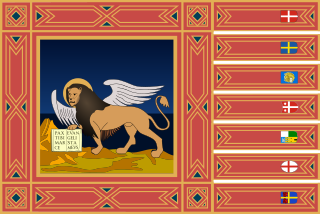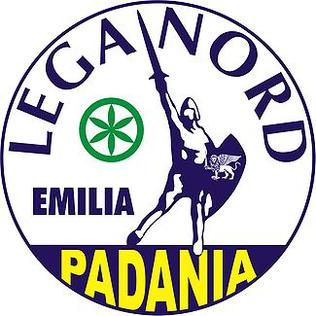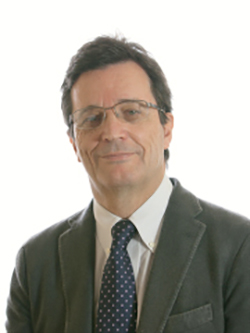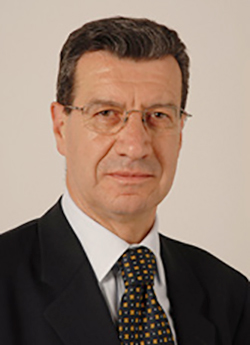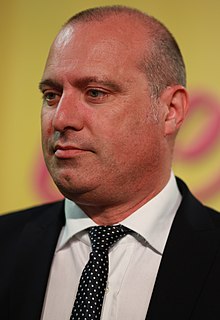| |||||||||||||||||||||||||||||||||||||
All 50 seats to the Regional Council of Emilia-Romagna | |||||||||||||||||||||||||||||||||||||
|---|---|---|---|---|---|---|---|---|---|---|---|---|---|---|---|---|---|---|---|---|---|---|---|---|---|---|---|---|---|---|---|---|---|---|---|---|---|
| |||||||||||||||||||||||||||||||||||||
 Regional election results map. Red denotes provinces with a Democratic plurality, Blue denotes those with a Centre-right plurality. | |||||||||||||||||||||||||||||||||||||
| |||||||||||||||||||||||||||||||||||||
The Emilia-Romagna regional election of 2010 took place on 28–29 March 2010.
Contents
The two-term incumbent President of the Region, Vasco Errani of the centre-left Democratic Party defeated Anna Maria Bernini (backed by The People of Freedom and Lega Nord Emilia-Romagna) and Gian Luca Galletti (Union of the Centre).

Vasco Errani is an Italian politician. He was a founding member of the Democratic Party (PD), which he has left on 22 February 2017, to join the Democratic and Progressive Movement, a party founded by the former PD left-wing minority. He has been President of Emilia-Romagna from 1999 to 2014, being the longest-serving one of all time. Errani is one of the longest-serving governors in the history of the Italian Republic.

The Democratic Party is a social-democratic political party in Italy. The party's secretary is Nicola Zingaretti, who was elected in March 2019, while Paolo Gentiloni serves as president.

The People of Freedom was a centre-right political party in Italy.
Errani (–10.6% compared to 2005) and the Democrats (–7.7%) lost ground to the Five Star Movement, whose candidate won a surprising 7.0% of the vote, in what was the worst result for the centre-left in a regional election in Emilia–Romagna. The other surprise of the election was Lega Nord, which gained 13.7% of the vote, up from 4.8% in 2005.

The Five Star Movement is a political party in Italy. The M5S was founded on 4 October 2009 by Beppe Grillo, a comedian and blogger, and Gianroberto Casaleggio, a web strategist. After Casaleggio's death in April 2016, Grillo appointed a directorate composed of five leading MPs, which lasted until the following October when he dissolved it and proclaimed himself the "political head" of the M5S. Grillo is also formally president of the association named the Five Star Movement; his nephew, Enrico Grillo, serves as vice president; and his accountant, Enrico Maria Nadasi, as secretary. Davide Casaleggio, Gianroberto's son, has an increasingly important albeit unofficial role.





